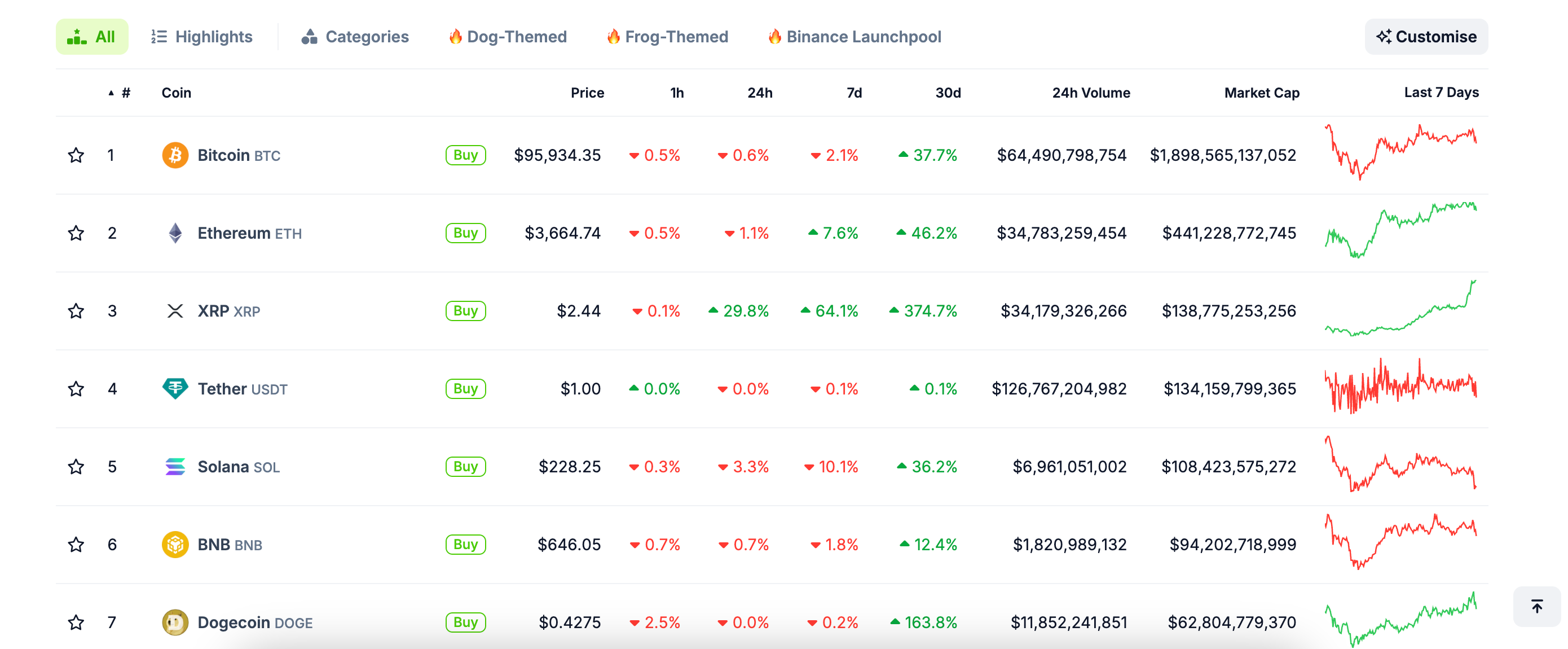
Multinational banking group Santander has placed a limit on all crypto transactions for its customers in the UK. The group cited cryptocurrency fraud warnings from regulators as the reason behind its decision.
According an announcement on Nov. 3, the bank plans to protect its customers from the risks associated with investing in crypto assets, sharing that: “money held in customers’ crypto wallets is unlikely to be protected by the Financial Ombudsman Service and Financial Services Compensation Scheme if something goes wrong.”
In an alleged effort to shield its customers from crypto-related risks, Santander UK said it believes that the best way to protect its clients is to limit the amount of money they can send to crypto exchanges, asserting that this is, “the best way to make sure your money stays safe.”
The limitation will be enforced from Nov. 15, where customers will be restricted to a £1,000 limit per transaction, and a total limit of £3,000 a month. The bank added:
“We’ll be making more changes to limit or prevent payments to crypto exchanges in the future, though we’ll always let you know before we make these changes”
Despite the newly imposed limitation, customers will still be allowed to receive payments from cryptocurrency exchanges in their bank accounts.
Related: Santander’s UK arm follows Barclays in banning payments to Binance
The announcement was met with criticism and raised eyebrows from members of the crypto Twitter community. Bitcoin enthusiast, podcaster, and author @LayahHeilpern said, “Remember, they only ban what threatens them. If this isn’t your signal to buy I don’t know what is…”
So literally nothing new. UK banks have been slowly blocking/limiting crypto payments for over a year now, I live there, I have multiple banks here
— Brand ⚒️ (@Brand99_) November 3, 2022
Another user by the name of @alesxius shared: “Since when do they have the authority to tell you what you can and can’t do with your own money?”
Since when do they have the authority to tell you what you can and can’t do with your own money?
— Alesxius (@alesxius) November 3, 2022
In 2021, Cointelegraph reported that Santander’s U.K. banks had followed in Barclays’ footsteps in banning its customers from sending payments to Binance, citing warnings from the Financial Conduct Authority.
Read More: cointelegraph.com









 Bitcoin
Bitcoin  Ethereum
Ethereum  Tether
Tether  XRP
XRP  Solana
Solana  Dogecoin
Dogecoin  USDC
USDC  Cardano
Cardano  Lido Staked Ether
Lido Staked Ether  Avalanche
Avalanche  TRON
TRON  Shiba Inu
Shiba Inu  Toncoin
Toncoin  Wrapped stETH
Wrapped stETH  Stellar
Stellar  Wrapped Bitcoin
Wrapped Bitcoin  Polkadot
Polkadot  Chainlink
Chainlink  WETH
WETH  Bitcoin Cash
Bitcoin Cash  Sui
Sui  Hedera
Hedera  Litecoin
Litecoin  Pepe
Pepe  LEO Token
LEO Token  NEAR Protocol
NEAR Protocol  Uniswap
Uniswap  Wrapped eETH
Wrapped eETH  Aptos
Aptos  Internet Computer
Internet Computer  USDS
USDS  Cronos
Cronos  Ethereum Classic
Ethereum Classic  POL (ex-MATIC)
POL (ex-MATIC)  Artificial Superintelligence Alliance
Artificial Superintelligence Alliance  Ethena USDe
Ethena USDe  Bittensor
Bittensor  Render
Render  Filecoin
Filecoin  Algorand
Algorand  Arbitrum
Arbitrum  Dai
Dai  WhiteBIT Coin
WhiteBIT Coin  Cosmos Hub
Cosmos Hub  Stacks
Stacks  MANTRA
MANTRA  OKB
OKB